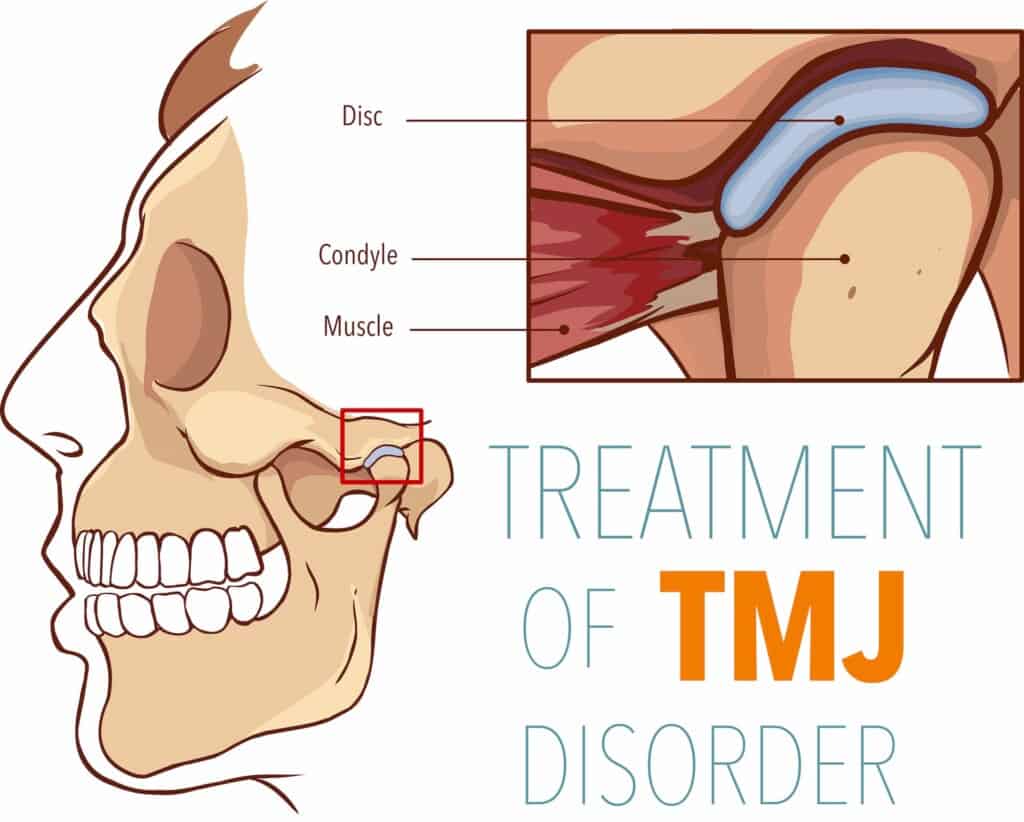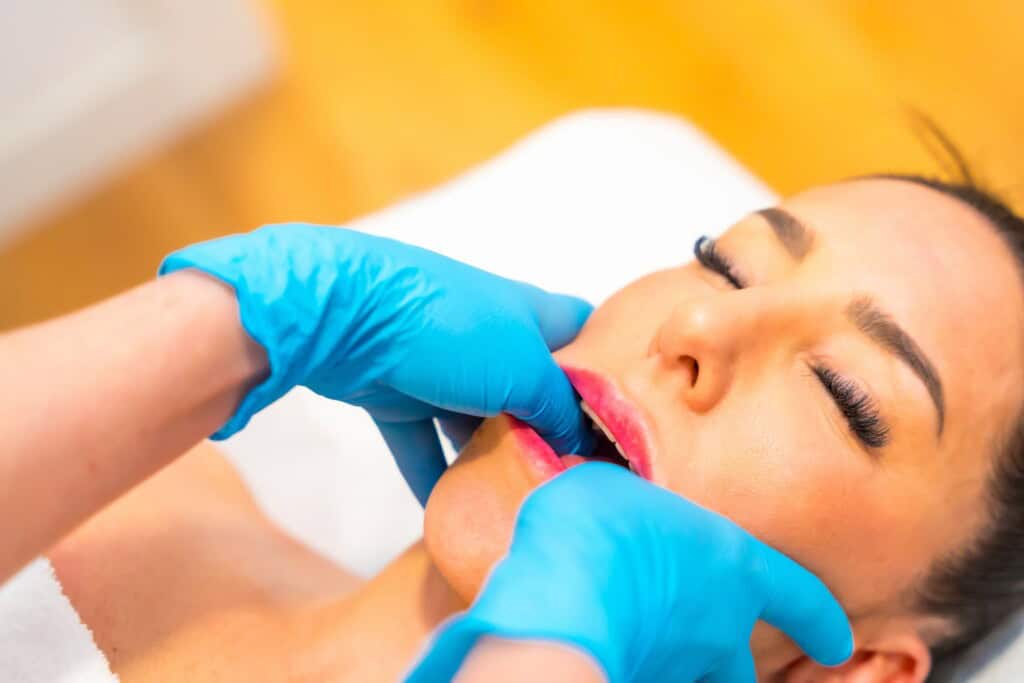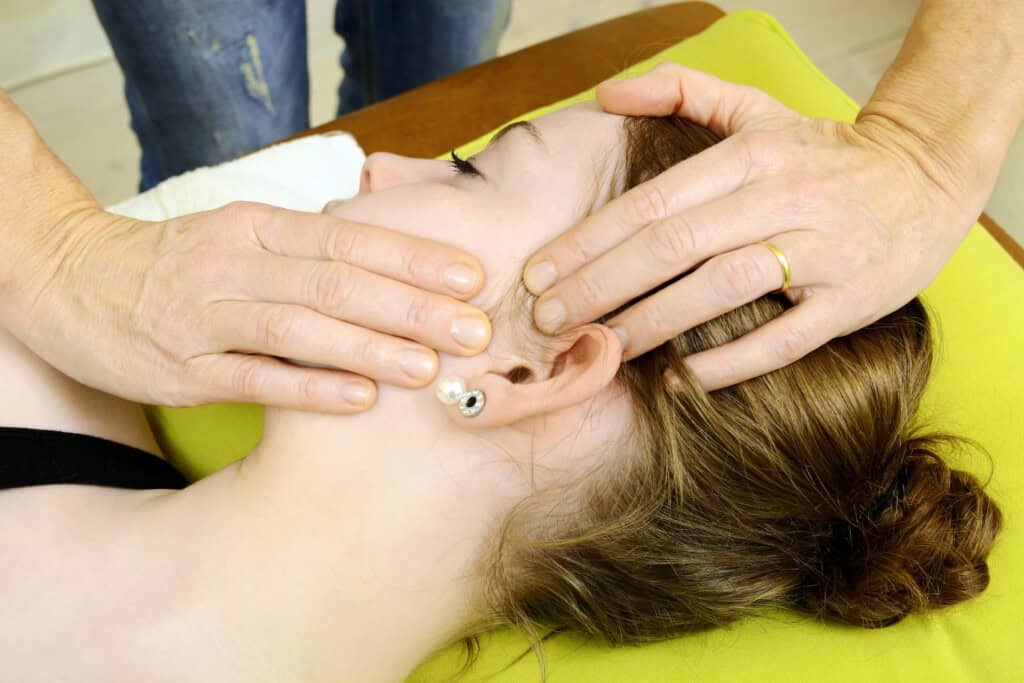If you suffer from constant jaw pain, headaches, or strange clicking or grinding sounds every time you open your mouth, you may have a temporomandibular joint (TMJ) disorder. This condition targets the jaw joint and muscles and can make even the simplest of daily activities like eating, speaking, and yawning, excruciating.

While many people first try dental treatments like mouth guards or even surgery to find relief, there is a natural and effective solution – bodywork.
Bodywork uses therapeutic techniques to relax muscles, increase range of motion, and promote healing – all without invasive procedures or medication. If you’ve struggled to find lasting relief for your TMJ, bodywork may be the missing piece of the puzzle you’ve been searching for.
TMJ disorder is a painful condition affecting the temporomandibular joint – the jaw joint connecting your jawbone to your skull. This complex hinge joint allows you to open and close your mouth for chewing, speaking, and other functions.
The TMJ is made up of several components:

Problems with any of these parts can lead to TMJ. Common causes include:

Common symptoms are:
TMJ can have a big impact on your daily life. The pain and discomfort can make basic activities challenging and affect your overall well-being in many ways:
Bodywork provides an effective, natural treatment for TMJ by directly addressing the root muscular causes rather than just masking symptoms. Key benefits include:
Therapeutic massage is a primary bodywork technique for treating TMJ. Different types include:
Intraoral massage involves working on the muscles inside the mouth. This technique can effectively relieve TMJ pain by targeting the specific muscles that contribute to jaw tension. Using gloved hands or tools, deep pressure releases trigger points, increases blood flow, and reduces tension in these hard-to-reach muscles.

Benefits of Intraoral Massage:
External jaw massage focuses on the muscles around the jaw, including the masseter and temporalis muscles. Techniques like kneading and friction “unlock” tightness and break up adhesions in these muscles. This type of massage can help reduce muscle tension and improve jaw function.

Techniques for External Jaw Massage:
Neck and shoulder massage can also help relieve TMJ pain by addressing muscle tension in these areas. Many people with TMJ have tightness in their neck and shoulders, which can exacerbate jaw pain.
Benefits of Neck and Shoulder Massage:
Massages significantly reduce TMJ-related headaches and migraines by directly addressing muscle tension causing referred pain.
Craniosacral therapy involves gentle manipulation of the skull and spine to improve the flow of cerebrospinal fluid. This technique can help reduce tension and pain in the jaw and surrounding areas.
Myofascial release focuses on relieving tension in the fascia, the connective tissue surrounding muscles. This technique can help reduce pain and improve jaw mobility.
Acupressure involves applying pressure to specific points on the body to relieve pain and tension. It can be an effective complementary treatment for TMJ pain.
While professional bodywork is very beneficial, you can supplement treatment at home with:
These gentle self-massage techniques and jaw exercises can provide relief when done with proper form and guidance from your therapist. However, don’t overdo it.
While self-massage and home exercises can be helpful, it’s important to know when to seek professional help. Consult a healthcare professional or a qualified massage therapist if:
Most professionals recommend starting with frequent sessions to get acute symptoms under control before reducing to a maintenance schedule.
For optimal, lasting TMJ relief, implement the following strategies:

TMJ disorders can rob you of life’s simplest pleasures, turning everyday activities into sources of chronic pain and frustration. Yet, there’s hope. Bodywork therapies like massage provide natural relief by treating the muscle imbalances causing your TMJ discomfort.
The most successful approach is an integrated one, combining bodywork with complementary therapies, lifestyle changes, and mindful self-care. Embrace this journey, trust the process, and seek out a skilled bodywork professional. With dedication and expert guidance, you can conquer TMJ, release jaw tension, and reclaim your vibrant health and joy.